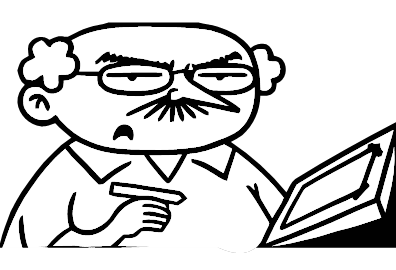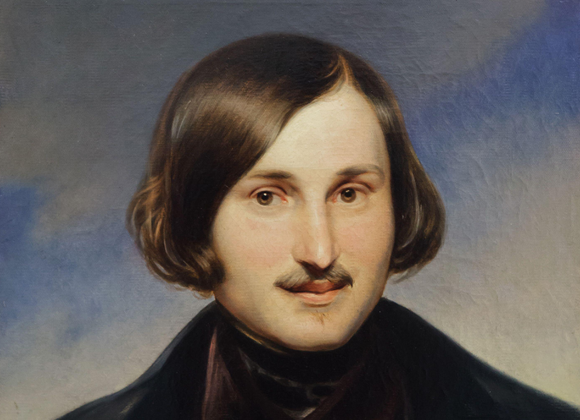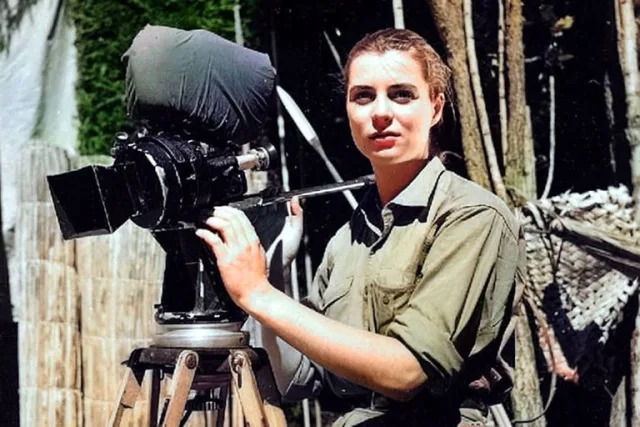My sister in christ: he was from the Russian Empire. He used the name Nikolai Gogol himself. He wrote about the Russian Empire. His novels are about Russian politics. He was not some Ukrainian folklorist.
Weirdest Ukraine propaganda yet.
Within literary criticism from the Soviet era, Hohol’s Ukrainian origins are mentioned only in the context of a clear ideological message: he is characterised as a symbol of the friendship between the “two brotherly peoples, Russian and Ukrainian”.
How horrible.
Also, I only searched his Wikipedia, but it seems he’s only ever gone by Nikolai Gogol. A lot of times people have pen-names and stuff, but Wikipedia always mentions the real name. That was not the case here.
And even in his “Early Life” section, it doesn’t say he was born “Mykola Hohol” and changed his name - he was always Nikolai Gogol. His father was Vasily Gogol-Yanovsky. It was a paternal ancestor who was called Ostap Hohol.
His mother called him Nikola, a mix of Nikolai (Russian) and Mykola (Ukrainian).
It seems the author just took the Ukrainian parts of his heritage and put them together, ignoring anything else. You could also claim he was Polish, given that ancestor was given nobility by a Polish king, their last name “Janowski” was Polish, and they were trilingual - Ukrainian, Russian and Polish. In fact, if there was any oppression, it was against his Polish ancestry!
Initially, Gogol used the surname Gogol-Ianovskii, but it soon became inconvenient. At first he tried to shorten it to the Russian-sounding “Ianov”, but in the second half of 1830 he abandoned the Polish part of his surname altogether. He even admonished his mother in a letter to address him only as “Gogol”, as Poles had become “suspect” in St. Peteresburg. Tsarist authorities encouraged the Ukrainian intellectuals to sever ties with the Poles, promoting a limited, folkloric Ukrainian particularism as part of the heritage of the Russian empire.
Gogol spent the winter of 1836–37 in Paris, among Russian expatriates and Polish exiles, frequently meeting the Polish poets Adam Mickiewicz and Bohdan Zaleski.
I’ll end with this. Gogol was “an adherent of the Slavophile movement” and “saw his work as a critique that would change Russia for the better.“
If there’s anything I’ve learnt from reading the article and then skimming the Wiki, it’s that modern Ukrainians are probably trying to create a divide where none existed (or at least not in the way it does today). It’s clear to me from the Wiki that Ukraine during Gogol’s time was not being oppressed. That was done to the Polish.
There’s probably more to this that I don’t know. But seriously. Don’t try to project current-day politics into history. It will never result in an accurate understanding.
their last name “Janowski” was Polish
Hah, this would be better alley for claiming he wasn’t Russian since Ruthenian nobility were completely polonised by the point, and the new Ukrainian nationalism comes not from them but from the burgeoisie
in the second half of 1830 he abandoned the Polish part of his surname altogether
November 1830 was the start of biggest Polish uprising against Russia so claiming polish roots back then for Russian noble was basically admitting support for it.
yeah I came to the same conclusion, it just seems like trying to take the present divide and retroactively applying it the whole of Russian history. The Government Inspector was inspired by a conversation with Pushkin. He clearly didn’t see himself as part of a literary movement separate from the rest of Russia but as part of the whole of Russian literature, which itself included ethnicities other than just Russian.
We all come from Hohol’s overcoat

Hohol, isn’t that a slur for Ukrainians?
Why they name em that?
It’s more a transliteration issue: his surname is Гоголь (both in Russian and Ukrainian), but it is transliterated from Russian as Gogol and from Ukrainian as Hohol. The slur is хохол, and it is usually transliterated as khokhol.
Oh okey…






